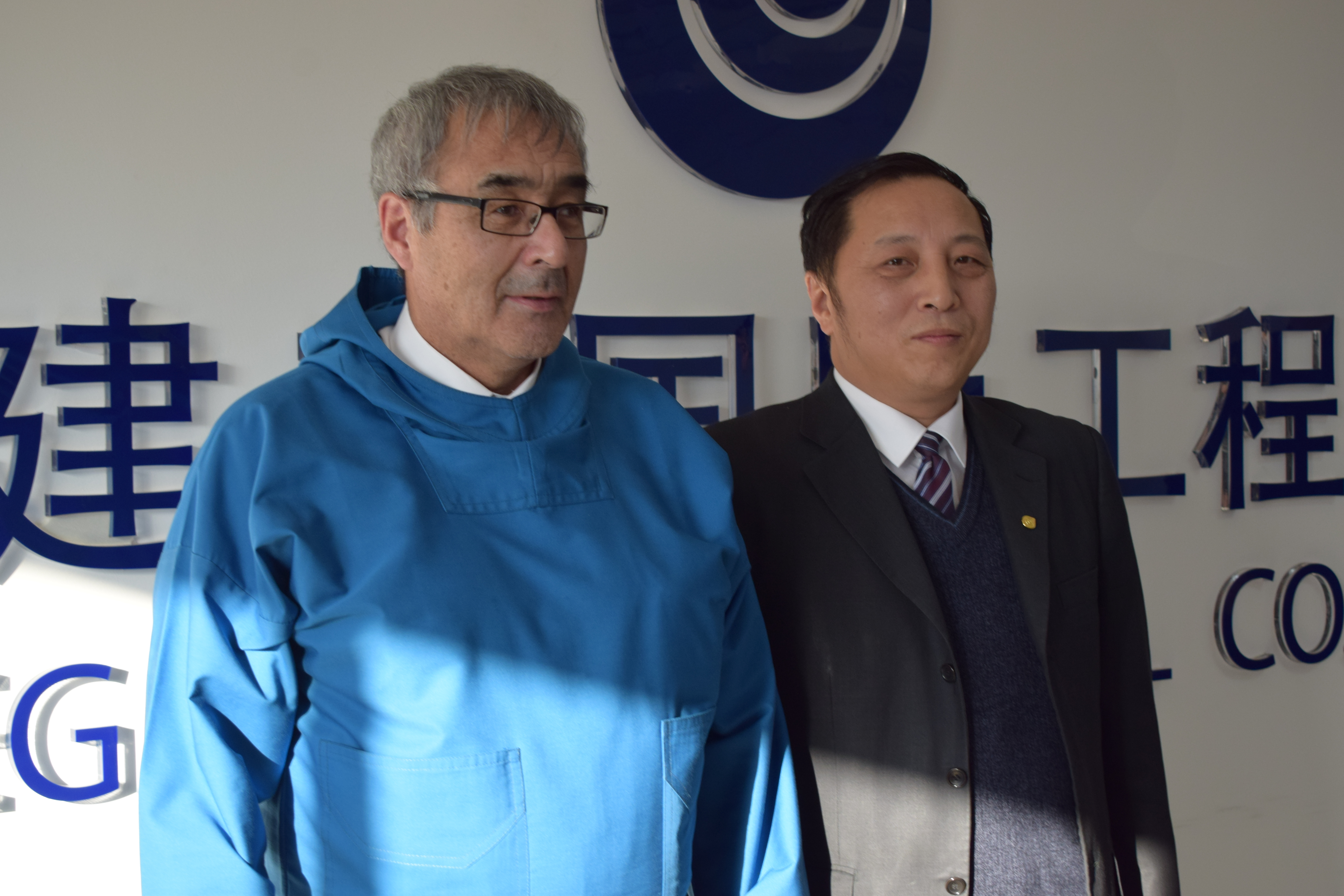Former Greenland premier wants independence by 2021
Three hundred years as part of the Kingdom of Denmark is long enough to wait for independence for Hans Enoksen.

In a country where most politicians and voters seem to agree that independence lies over the horizon, Greenland’s Partii Naleraq is stirring up the waters by campaigning ahead of the April 24 general election on a quick break from Denmark.
“One of our most important issues is independence for Greenland,” said Hans Enoksen, the party’s leader, during an appearance in Nuuk this week. “It’s an issue we will campaign on, and it is something that is important to our party.”
While the political consensus in Greenland is that independence is inevitable, most lawmakers, including Kim Kielsen, the current premier, maintain that generations will likely pass before the country can stand on its own.
[Young Greenlanders are in no rush for their country to gain its independence]
Enoksen admitted that his party was outside the political mainstream by pushing for quick independence, but he felt the other parties were remiss in not suggesting a date for when they would like to see the country secede from the Kingdom of Denmark.
“They say it should happen when we are ready, but when are we ready? We’re ready when we want to be,” he said.
Enoksen has previously suggested that 2021, the 300th anniversary of Greenland’s colonization by Danish-Norwegian missionary Hans Egede, would be the most appropriate date for Greenland’s independence.
Per Rosing Petersen, a Partii Naleraq member of the national assembly, told AG, a Greenlandic newspaper, that 2021 also coincided with the expected conclusion of the work of a commission that has been asked to draw up a constitution for the country.
[Independence and stability are top priorities for Greenland’s new government]
While Enoksen recognised that, with just three seats in the 31-member national assembly, his party was in the clear minority, he said he would continue to work towards independence by 2021.
Enoksen founded Partii Naleraq in 2014 after he broke away from Siumut, the party he was a member of while serving as premier from 2002 until 2009.
After not being initially included in the cabinet after the 2014 election, due to Enoksen’s opposition to uranium mining, Partii Naleraq joined the governing coalition in 2016.